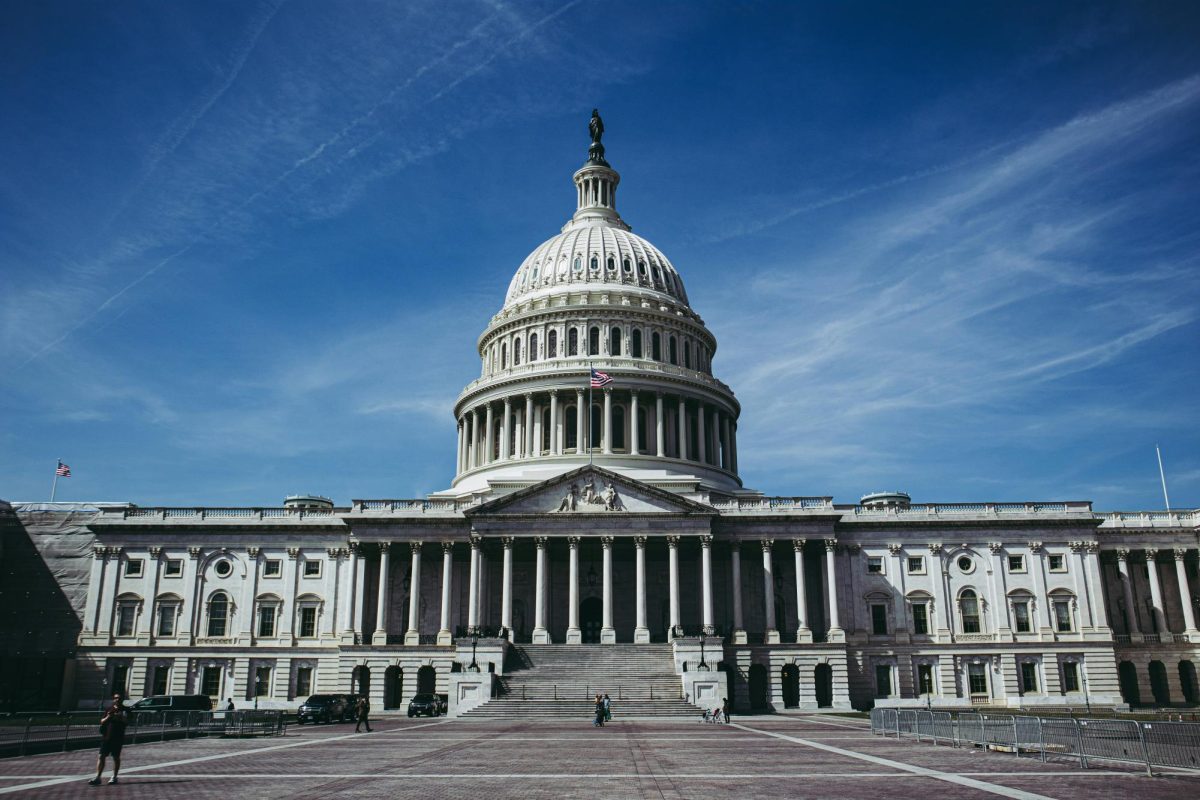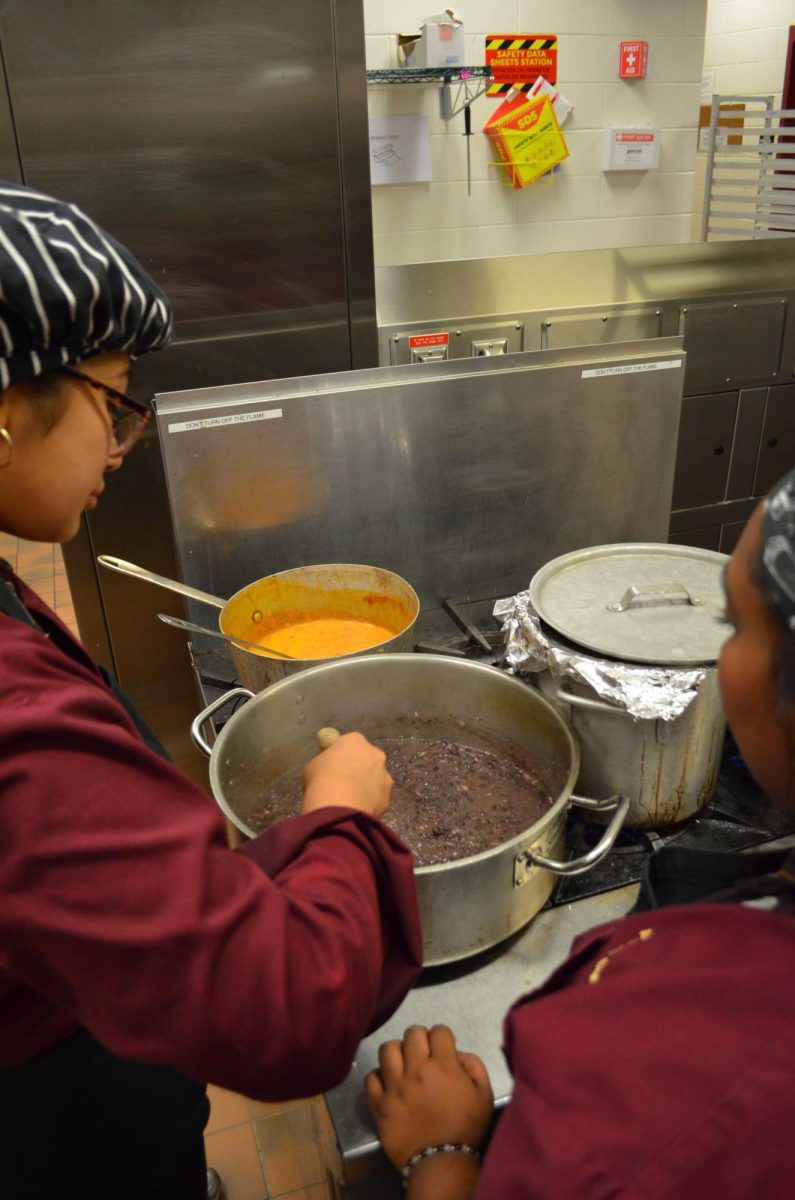Whether you are ready for it or not, the 2024 presidential election season has begun. After an eventful three-plus years under the Biden Administration, which began in the days just after an insurrection at the nation’s capital, it is now time for the nation to choose whether they want to keep Joe Biden in office or replace him with his predecessor Donald Trump.
Every election year begins with primaries or caucuses in each state. These help to determine which candidates will represent their respective parties in the general election in November. In primaries, individual voters cast ballots for who they want to be their party’s nominee, and the results of these primaries allow the candidates to earn delegates that are reflective of their primary numbers (however this year in Nevada, their primary didn’t give any delegates). Caucuses work a little differently from primaries as specific individuals for each candidate give speeches to try and get other people at the caucus to side with them and vote for their designated candidate. The number of delegates who decide to “caucus” for each candidate generally reflects the number of votes they receive.
This year, the 2024 presidential race began on January 15th with the Iowa Caucus.
The Iowa Republican caucus played out just as expected as former president Donald J. Trump took the win by earning 51% of the votes with Florida governor Ron DeSantis and former U.N. Ambassador and South Carolina governor Nikki Haley coming in second and third with 21.2% and 19.1% of the votes, respectively. Finishing significantly behind these three was Indian-American entrepreneur Vivek Ramaswamy with 7.7% of the votes and receiving less than 1% of the delegates’ votes were American pastor and business-man Ryan Binkley, former Arkansas governor Asa Hutchinson, and former New Jersey governor Chris Christie. It was clear from these results that Republican voters in Iowa largely agreed with each other on who they want as president.
Just days after the Iowa Caucus ended, many changes in the Republican race for the nomination took place as several candidates dropped out. Arguably the most surprising change was DeSantis dropping out of the race just days before the New Hampshire primary and endorsing Trump. Even though Trump had, according to the Washington Post, “relentlessly attacked the Florida governor with demeaning nicknames and charges that he was disloyal,” the Florida governor decided to stand with him. Other candidates who dropped include Ramaswamy, Binkley, Hutchinson, and Christie.
Trump has not only maintained his popularity with republican voters but has gained support from several other prominent politicians, including another candidate who dropped out of the presidential race way back in November, Senator Tim Scott of South Carolina. Back in 2012, Haley, who is now the only other candidate running against Trump, appointed Scott to the senate to fill the vacancy left by retiring Senator Jim DeMint, which made him the first-ever Republican African American senator. This historical appointment made news all over the country and launched Scott’s career. At the time, Haley referred to Scott as someone who would make “South Carolina and our country proud,” according to Catalina Camia of USA Today. Despite Haley appointing him and working alongside him in South Carolina, Scott, on January 21, endorsed Trump.
On January 23, the New Hampshire primary took place and while Haley performed better than she did in Iowa, she remains a long shot to defeat Trump. Trump came out on top with 54.3% of the votes but Haley wasn’t too far behind with 43.2% of the votes. While Trump blasted Haley after the primary and noted that she should drop out, Haley vowed to continue in the race.
As voters in Haley’s home state of South Carolina prepare to head to the polls on February 24, pundits are already predicting a win for Trump as he moves toward what seems to be an inevitable nomination at the Republican National Convention in Wisconsin in July. Time will tell if Haley will be able to derail Trump in his march toward the nomination in what is shaping up to be a pivotal 2024 presidential election.










































